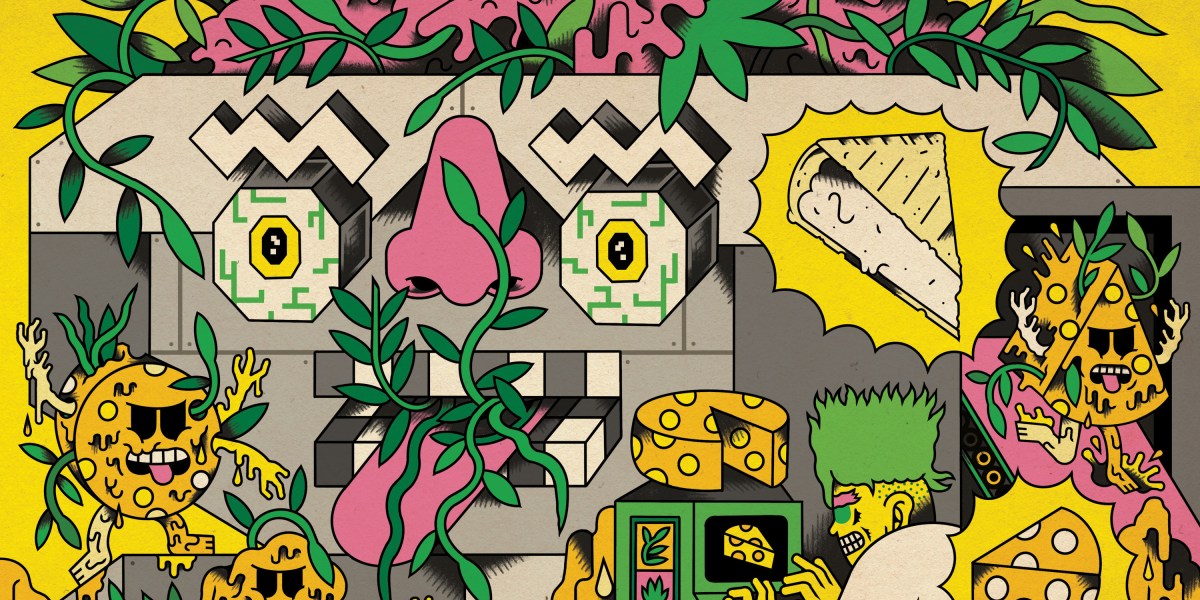This creamy vegan cheese was made with AI
Using educated guesswork about which plants might perform well as substitutes, Climax food scientists have created more than 5,000 cheese prototypes in the past four years. With the same lab instruments employed on animal cheese, the Climax team performs an analysis that includes roughly 50 different assays for texture and flavor, generating millions of data points in the process. The AI is trained on these prototypes, and the algorithm then suggests mixtures that might perform even better. The team tries them out and keeps iterating. “You vary all the input knobs, you measure the outputs, and then you try to squeeze the difference between the output and your animal target to be as small as possible,” Zahn says. Including small-scale “micro-prototypes,” he estimates, Climax has analyzed roughly 100,000 plant ingredient combinations.
Tasting and subtly adjusting the ingredient blends in so many prototypes by hand would take several thousand years, Zahn says. But starting from zero in early 2020, he and his AI-aided team were able to formulate their first cheese and bring it to market in April 2023.
The plant constituents of that product, a vegan blue cheese, are hardly exotic. The top four ingredients are pumpkin seeds, coconut oil, lima beans, and hemp protein powder. And yet Dominique Crenn, a Michelin-starred chef, described it as “soft, buttery, and surprisingly rich—beyond imagination for a vegan cheese.”
Bel Group, the maker of Laughing Cow, has an agreement to license the company’s products, and a second large producer that Zahn cannot yet publicly name has also signed on. He is currently beating the venture capital bushes for a funding round and hopes to begin selling the brie and feta later this year.

